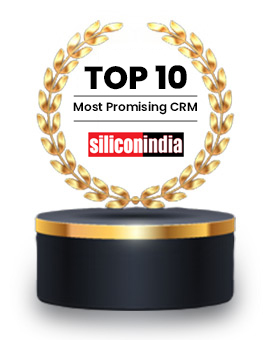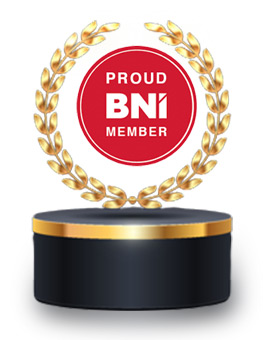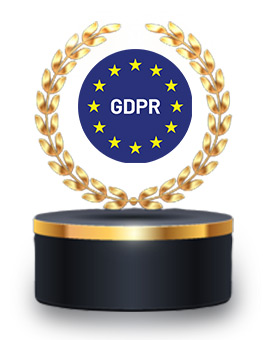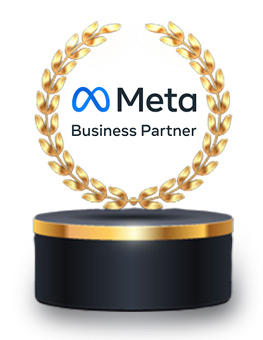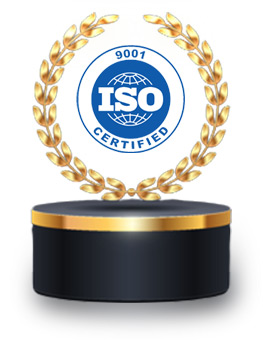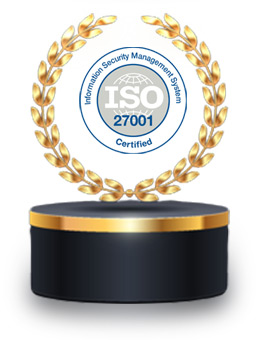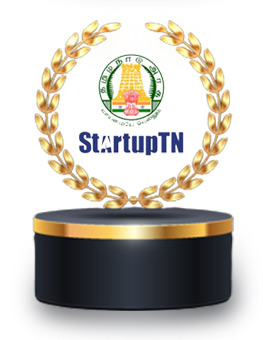In every step of the sales process, from generating leads to closing deals, a customer relationship management system can help your business expand more quickly. But have you ever thought about what may occur if someone managed to get into your CRM system? For any organization, a data breach, no matter how little, may result in a loss of income and a backlash amongst customers.
Choosing a CRM with solid security features is crucial for protecting your company and your customers from the risks associated with data breaches. Look out for these six CRM security policies.
While a CRM is traditionally used by sales, marketing and customer support team can benefit a great deal from it too.
Cloud CRM
Customer relationship management (CRM) solutions reside in a Virtual Private Cloud (VPC) on the cloud. A service provider or vendor hosts this private and secure cloud. As opposed to an on-premise CRM, cloud-based alternatives allow businesses to access their data through the internet at any time, day or night.
A customer relationship management system hosted online is unsafe. Why? For this reason, customer relationship management (CRM) services hosted in the cloud are safe. Due to this misperception, most businesses remain unwilling to use cloud-based CRM. One of the best ways to grow your company is by using a cloud-based customer relationship management system.

Built-in malware protection
CRM antivirus programs scan and eliminate malicious code. CRMs that provide real-time virus scanning capabilities are intelligent choices. Find a customer relationship management system regularly updated to detect and block new forms of malware, viruses, encryptions, and more.
Data Protection

Knowing where your data is housed is crucial in a cloud-based customer relationship management system. The norms and regulations of the host country must be followed. If your company operates in the European Union (EU), you must first get permission from a contact or lead before storing your information in a web form.
Information requests and privacy policies should be considered while gathering customer data for a CRM. As an additional option, you may see whether your CRM program allows you to host your data at your chosen location. When signing up for a cloud-based CRM service like RSoft, users can select a server in the United States, the European Union, India, or Australia.
Authorized IP Addresses
Public WiFi hotspots and the prevalence of mobile CRM mean that sales may be closed anywhere, at any time. Virtual private networks (VPNs) are great for establishing encrypted connections but only permitted IP addresses should be used for accessing sensitive information like transactions via mobile devices, such as those used by sales representatives.
A company's authorized IP addresses are those it has verified as being secure for login, allowing users to access the network without constantly being prompted to verify their identities. It's possible to verify whether the CRM you're considering restricts access to authorized computers by looking at the IP addresses those computers use. Having a valid IP address is crucial when using CRM through a public WiFi network. Security issues, viruses, and stolen data may all affect a customer relationship management system(CRM) that isn't using a legitimate IP address.
Two-Step Authentication
Adding two-factor authentication to your CRM lets administrators verify user identities and restrict access to just those granted permission. A passport check is confirmed by showing your boarding permit and your identification. By using two-factor authentication, sensitive information may still be protected, and limited access can be granted.
User Access Management
As a company expands fast, it may become difficult and time-consuming for management to properly manage access permissions for salespeople and other CRM users.
The vast majority of customer relationship management (CRM) products come
with a set of predefined jobs; however, some of these platforms also allow
you to build bespoke roles tailored to the specifics of your company and the
tasks it needs to perform.p>

Conclusion
A company can't function properly without its data. Even the most minor breaches may have far-reaching consequences, such as the loss of client data for your company; however, this can be prevented using robust security measures. It is essential to do a thorough analysis of the security features provided by a CRM before making a final selection. Your customer relationship management system(CRM) safety features might consist of a single security precaution or a mix of six.
Regarding the safety of your CRM data, RSoft Technologies provides a high level of protection. It is the best CRM for you since it is simple to set up, there is little danger of losing data, it is cost-effective, and it has numerous integration options.
Your customer relationship management (CRM) data is protected and safeguarded by RSoft’s highly robust architecture.


